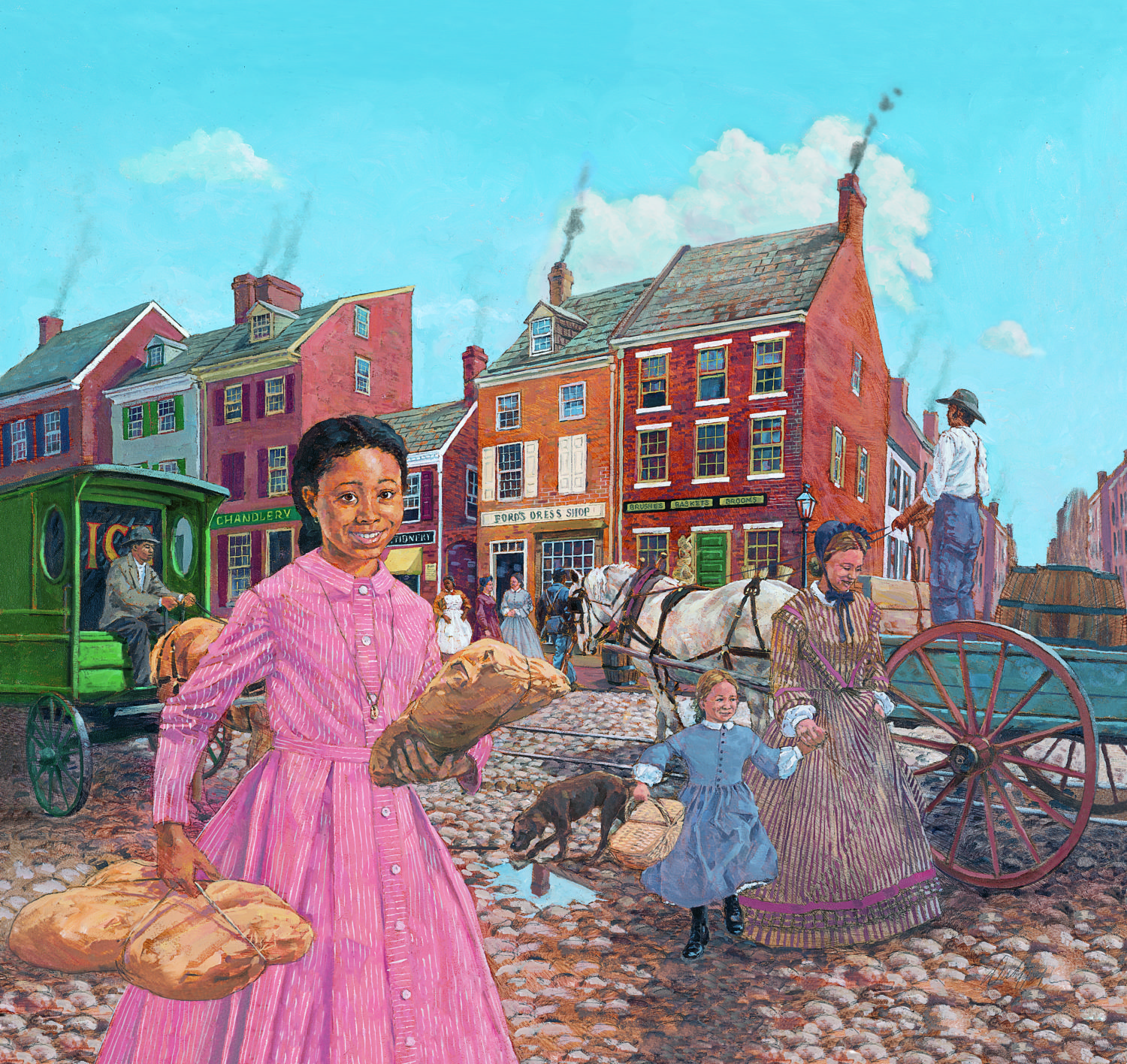
How are great journalists made? Often, it’s pieces of great journalism that help form them, influencing their lives or careers in an indelible way. To celebrate the Nieman Foundation for Journalism’s 80th anniversary in 2018, we asked Nieman Fellows to share works of journalism that in some way left a significant mark on them, their work or their beat, their country, or their culture. The result is what Nieman curator Ann Marie Lipinski calls “an accidental curriculum that has shaped generations of journalists.”
When I met Brit Bennett, in 2016, it was to discuss her first novel, “The Mothers,” a Baldwin-inspired tale of the friendship between two Southern California girls growing up amid all kinds of absences. But Bennett, then only 26, had already made her name with hot-button nonfiction—a New York Times op-ed on race and swimming pools; a meditation on white intention for Jezebel that garnered a million hits in three days—essential reading that sought to ground our present racial moment in a bigoted American past we prefer to think of as distant. Writing directly into our collective shame and ambivalence, she was able to make us feel the dehumanizing intimacy of racism, as well as its perversity and absurdity, as she unearthed its intransigent roots.
Bennett, whose African-American parents had both worked in law enforcement, felt it was important to write about these things, but was also well aware of how “translating black pain for white readers,” as she put it, took her away from other kinds of writing she might be doing, echoing Toni Morrison’s famous observation of the function of racism being distraction. Of the many brilliant, blistering think pieces on racial injustice I’ve read in the last few years, it’s the quietly devastating essay Bennett wrote for The Paris Review website back in 2015, “Addy Walker, The American Girl,” that I keep returning to as a journalist, teacher, and mother. Inspired by the memory of a doll she once received for Christmas—“Addy,” for many years was the only black doll in Mattel’s wildly popular, history-themed American Girl Doll collection—Bennett explores the history of black dolls, including the civil rights-era doll tests used to demonstrate the effects of segregation on children. A meditation on the many ways in which racial pain is taught, passed on to the next generation even before it has stopped believing in Santa, the essay reminds us that in America, even innocence itself is racially privileged.
Addy Walker, The American Girl
By Brit Bennett
The Paris Review, May 28, 2015
Excerpt
In 1864, a nine-year-old slave girl was punished for daydreaming. Distracted by rumors that her brother and father would be sold, she failed to remove worms from the tobacco leaves she was picking. The overseer didn’t whip her. Instead, he pried her mouth open, stuffed a worm inside, and forced her to eat it.
This girl is not real. Her name is Addy Walker; she is an American Girl doll, one of eight historical dolls produced by the Pleasant Company who arrive with dresses, accessories, and a series of books about their lives. Of all the harrowing scenes I’ve encountered in slave narratives, I remember this scene from “Meet Addy,” her origin story, most vividly. How the worm—green, fat, and juicy—burst inside Addy’s mouth. At eight years old, I understood that slavery was cruel—I knew about hard labor and whippings—but the idea of a little girl being forced to eat a worm stunned me. I did not yet understand that violence is an art. There’s creativity to cruelty. What did I know of its boundaries and edges?
Originally published on the Paris Review Daily.



